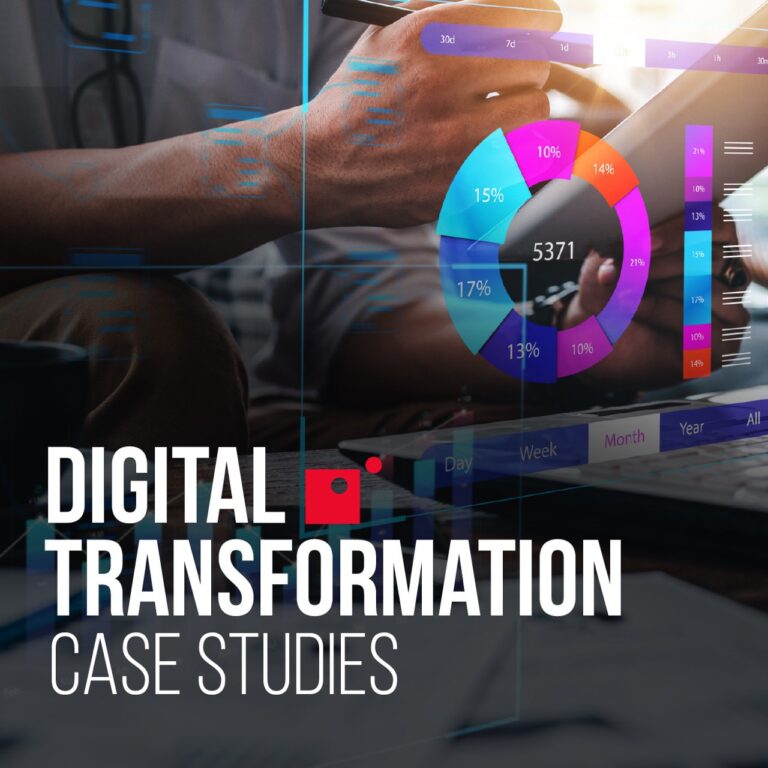As businesses strive to enhance their marketing efficiency and return on investment (ROI), marketing automation continues to play a pivotal role. The article from WebFX outlines thirteen key trends that are shaping the landscape of marketing automation in 2025:
- Omnichannel Marketing Integration: Businesses are adopting omnichannel strategies to provide a seamless customer experience across various platforms, ensuring consistent messaging and engagement.
- Generative AI for Content Creation: The use of generative AI tools enables marketers to produce personalized and relevant content at scale, enhancing customer engagement.
- Predictive Analytics: By leveraging predictive analytics, companies can forecast customer behaviors and preferences, allowing for more targeted marketing efforts.
- Advanced Customer Segmentation: Enhanced segmentation techniques allow for more precise targeting, ensuring that marketing messages resonate with specific audience groups.
- Automated Social Media Management: Automation tools are streamlining social media scheduling, posting, and engagement, saving time and maintaining consistent online presence.
- AI-Powered Email Marketing: Artificial intelligence is optimizing email campaigns through personalized content, send-time optimization, and subject line testing.
- Chatbots and Conversational AI: The implementation of chatbots provides instant customer support and engagement, improving user experience and satisfaction.
- Lead Scoring and Nurturing: Automated lead scoring helps prioritize prospects, while nurturing campaigns guide them through the sales funnel effectively.
- Behavioral Triggering: Marketing automation systems are increasingly using behavioral data to trigger timely and relevant communications based on user actions.
- Integration with CRM Systems: Seamless integration between marketing automation platforms and Customer Relationship Management (CRM) systems ensures cohesive data management and strategy alignment.
- Mobile Marketing Automation: With the rise of mobile device usage, automation tools are focusing on delivering optimized content and experiences for mobile users.
- Data Privacy and Compliance: As data regulations evolve, marketing automation platforms are incorporating features to ensure compliance with privacy laws and protect customer data.
- Performance Analytics and Reporting: Advanced analytics provide insights into campaign performance, enabling continuous improvement and ROI tracking.
These trends highlight the growing importance of integrating advanced technologies and data-driven strategies into marketing automation to enhance efficiency, personalization, and overall effectiveness.


